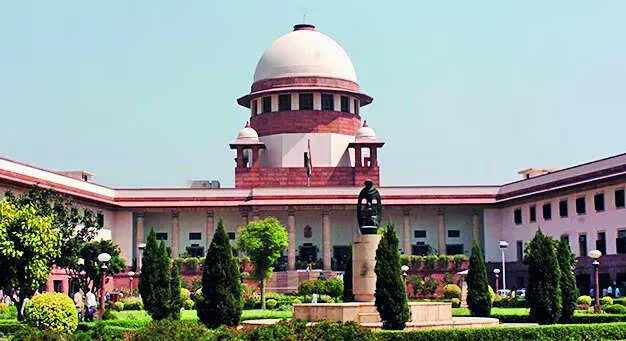Supreme Court Demands Dedicated NIA Courts to Prevent Bail for Delayed Trials
- July 19, 2025
- 0

The Supreme Court has issued a stern warning to the Union and Maharashtra governments regarding the prolonged delays in trials involving cases investigated by the National Investigation Agency (NIA). The apex court expressed its dissatisfaction with the current practice of assigning existing courts to handle these sensitive cases, which often involve terrorism and other heinous crimes. The court emphasized the urgency of establishing new, dedicated special courts to expedite the judicial process.
In its directive, the Supreme Court highlighted the necessity for exclusive special courts dedicated to handling NIA cases. The court set a deadline for the establishment of these courts by September, stressing that the current system is inadequate for managing the complexities and sensitivities associated with such cases. The lack of specialized courts has contributed to significant trial delays, undermining the judicial process and potentially affecting national security.
The Supreme Court warned that failure to comply with its directive could lead to serious consequences. If the governments do not establish the required special courts within the stipulated timeframe, the court may be compelled to consider granting bail to accused individuals due to the excessive delays in their trials. This potential outcome underscores the critical need for timely justice and efficient handling of cases that pose significant threats to public safety.
The Union and Maharashtra governments are now under pressure to act swiftly in response to the Supreme Court’s directive. Establishing dedicated NIA courts will require coordination and resource allocation, but it is essential to ensure that justice is served promptly and effectively. The governments’ actions in the coming months will be closely monitored as they work towards meeting the September deadline set by the court.